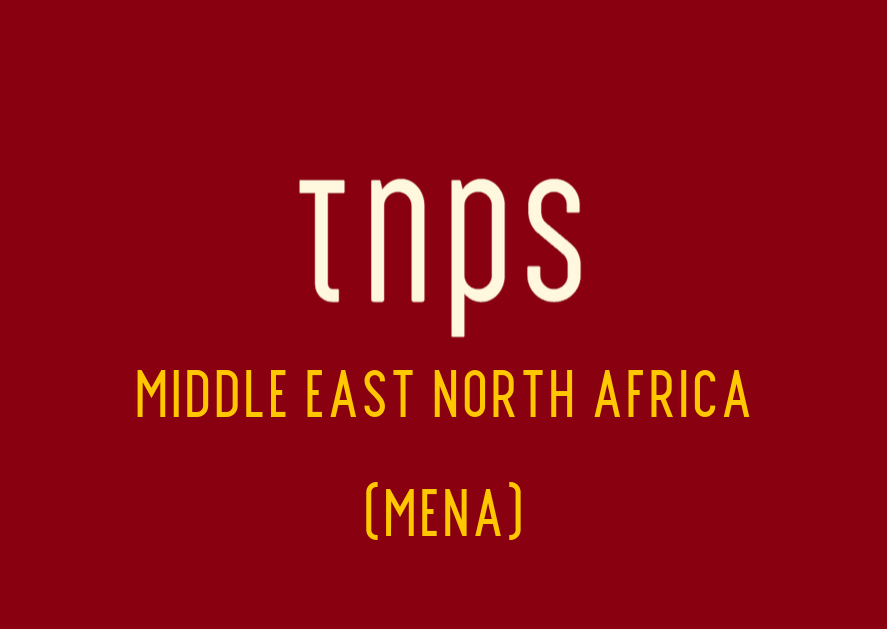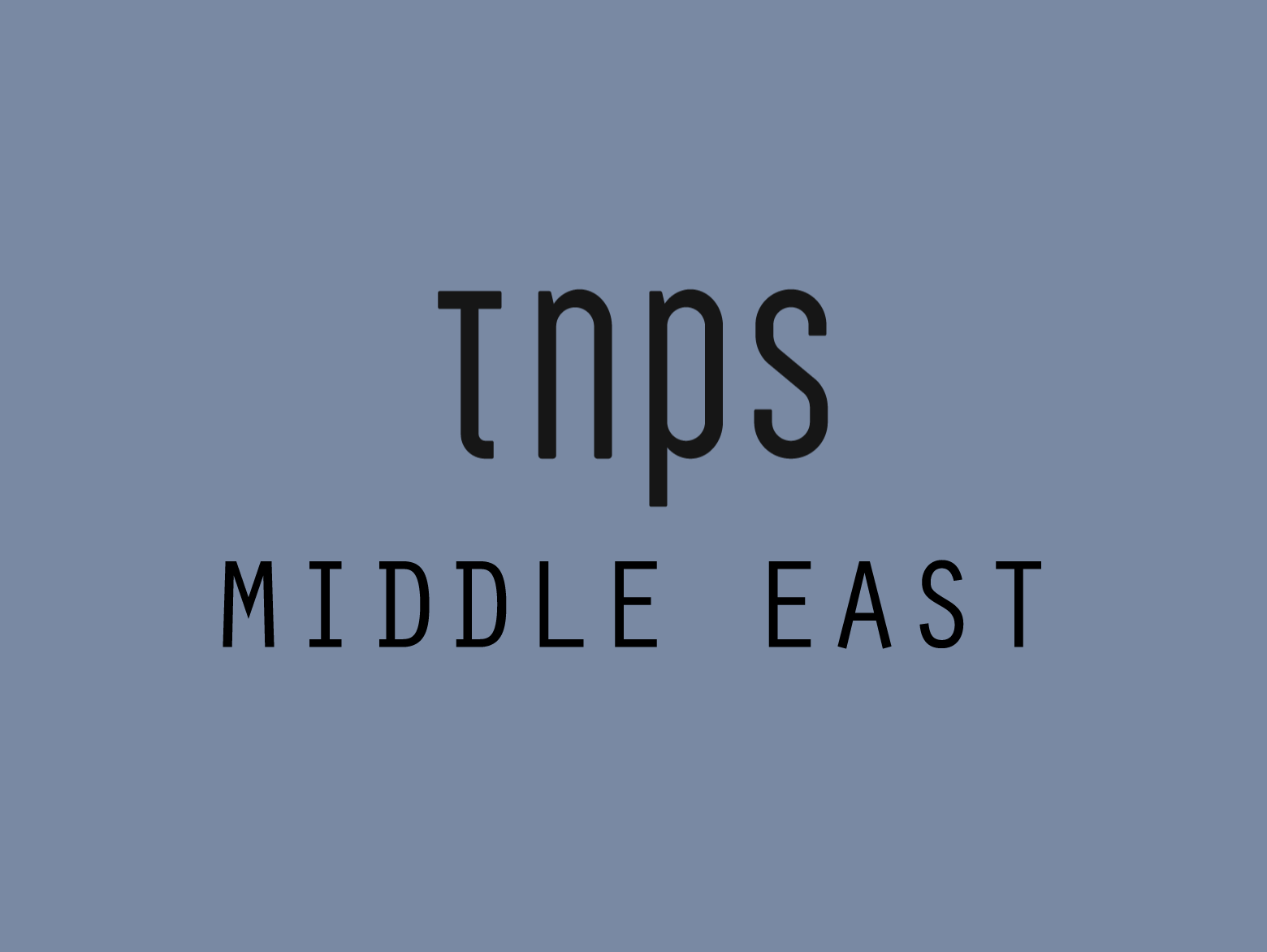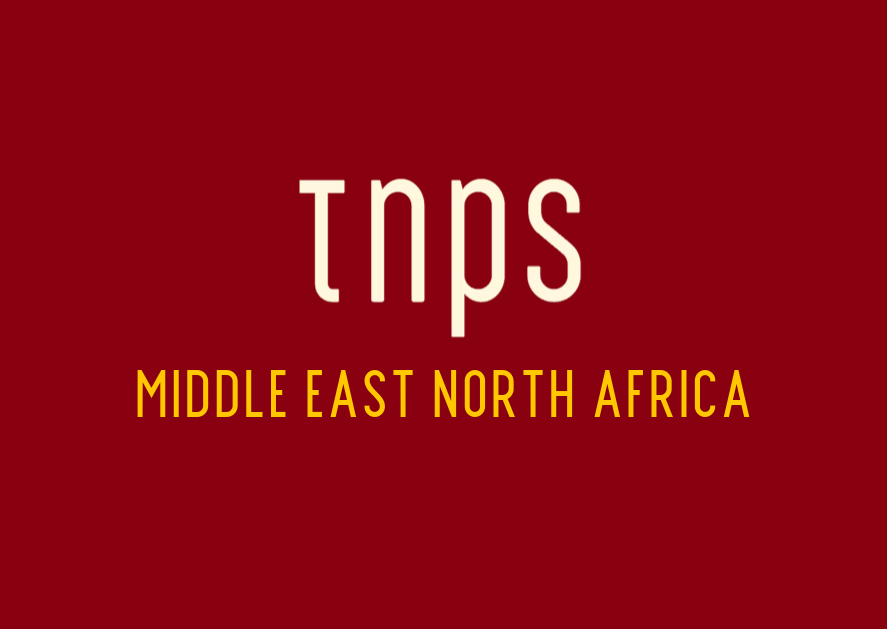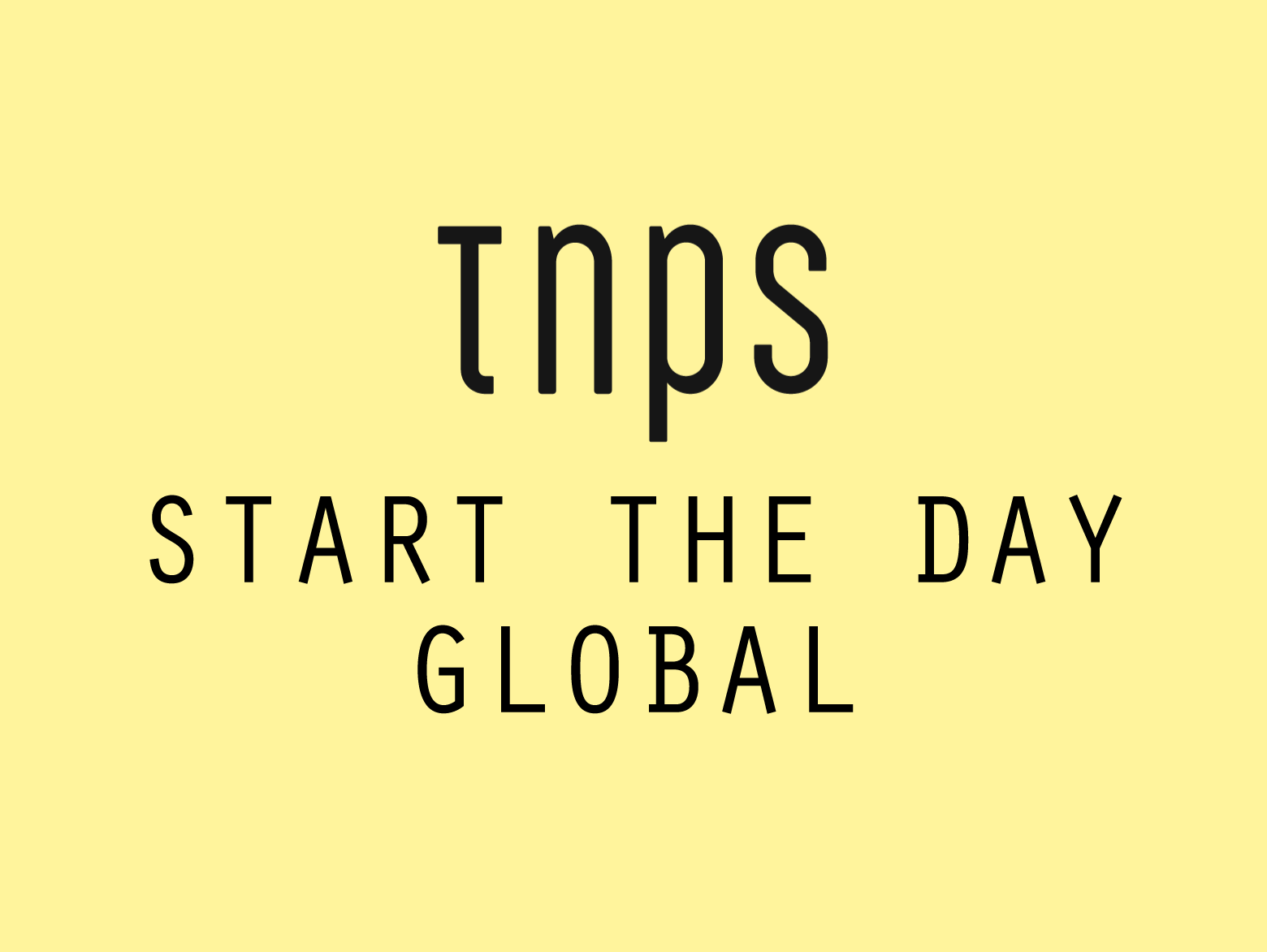After the resounding success of the Sharjah International Book Fair in the UAE, extolling a message of cultural tolerance and publishing freedom, the Arab literary arena was this week plunged into controversy once more as the Kuwait International Literary Festival kicked off.
Running November 14 through 24 the Kuwait event was already standing in the shadow of on-going censorship crisis, with almost 4,000 books banned in the country in the past few years.
Any hope that the tide had turned and the Kuwait book fair might prove a beacon of hope were extinguished yesterday as almost 1,000 books were banned as the fair launched.
Festival chief Saad al-Anzi confirmed the Kuwaiti information ministry had banned 948 books, including Dostoyevsky’s The Brothers Karamazov, Victor Hugo’s The Hunchback of Notre-Dame and Gabriel Garcia Marquez’s One Hundred Years of Solitude.
As reported here at TNPS in September, other banned books include The Little Mermaid, but also many Arab novels which are widely available in other Arab states.
A mermaid wearing a bra among the books banned in Kuwait, but protests are gathering momentum
All titles on show at the Kuwait festival are screened by a censorship committee, but the grounds for banning a given book seem to be largely down to individual preferences of the committee members, based likely on a misunderstanding of the book’s content.
France24 summed up the current scene in Kuwait thus:
Through the 1970s and 1980s, Kuwait was a regional publishing hub, home to the high-brow, pan-Arab cultural journal Al-Arabi and a string of popular scientific and literary books.
But in recent years, religious conservatives and tribal leaders have gained ground in parliament, paralleled by changing societal trends. Kuwait is the only Gulf state with elected lawmakers.





